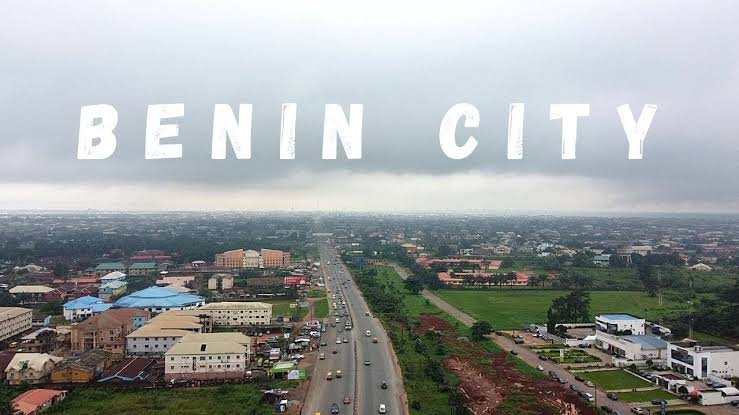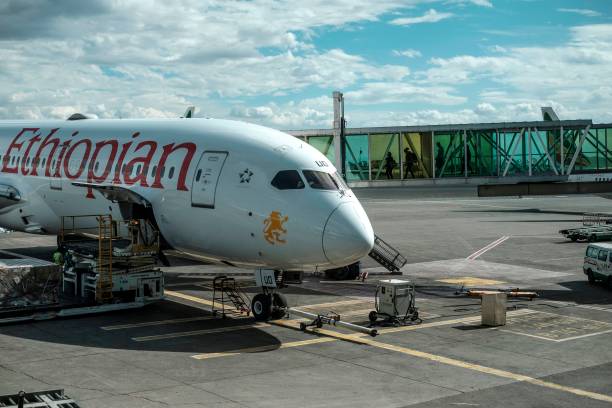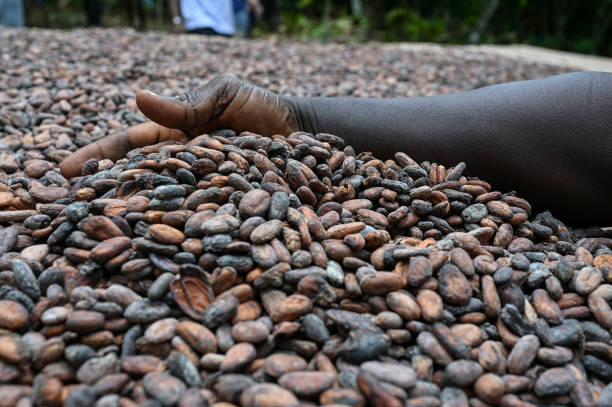Anambra Guber: Umeh Warns against Using Election as Opportunity for Warfare

in Awka
Senator representing Anambra Central Senatorial Zone, Senator Victor Umeh, has warned political actors in Anambra State against using the forthcoming governorship election as opportunity to ignite violence in the state.
This is coming as stakeholders in the South-east yesterdaybrainstormed on ways of reviving the zone through massive industrialisation.
Senator Umeh, who was the chairman of during a rebranding ceremony held by a South-east based Newspaper, Alpha Times, said that even though it is an election year in the state, politicians must go about their businesses with decorum, instead of seeing the election as a time for battle.
He said: “From my base in Abuja, I have been reading a lot about the state, especially as it is an election year, but I want to beg that this should not be a year of battle or war.”
“It should be a year for the governor to show what he can do and for those who think they can do better to show how they can do it. Let the actors be very patriotic.”
“We must realize that the world is a stage and everyone will have the opportunity to do their best and leave.”
“Let us show a sense of commitment to our state, a sense of brotherhood and I look forward to seeing intellectual engagements as the campaigns commence,” Umeh said.
Speaking of regional integration, the senator praised Dr Paul Nwosu, the publisher of Anambra Times, which also rebranded to Alpha Times to serve the South-east population, saying there was need for South-east governors to come together and revive industries in the zone to provide employment for the zone’s teeming population.
He said: “I’m here to be part of the discourse about how we can ensure collaboration in the zone, we can say that the South-east is not where it should be. In 1964 we were branded as the fastest growing economy in the world because of the ingenuity of the Igbo people, and the industrialisation policy was top notch.”
“That was when most of the industries you see today were built, in hospitality we had chains of hotels and in agriculture we were the best and the South-east was the development corridor of the world.”
“President Bola Tinubu did well with the South East Development Commission and the people appointed there are people who are forward thinking. We that are in the National Assembly have continued to speak, but we South-east must take the bull by the horn and concentrate on areas we have comparative advantage.”
“We should not be waiting for anyone to make the South-east an industrial cluster because we have the ingenuity. I challenge our governors. They are supposed to lead the quest for industrialisation, that was what Michael Okpara did.”
“All the industries built by Okpara have died, what are the governors doing to revive them? Our people are very ingenuous, we are very creative. If we are talking about industrial parks, let them come alive, if it is in Nnewi, let us see those industries. Roads are not the only things we need, we need industries to engage our people. We want to see what happened in Japan happen here.”
“I’m in the Senate and people are coming to ask for white collar jobs, but we know that people can acquire skills that can help them be useful. Small and medium scale industries are what helped to boost China and Japan, when you aggregate what everyone is doing, it boost the economy of the zone.”
Keynote speaker at the event, Prof. Godwin Onu, who spoke on the theme: ‘Harnessing the Power of Interstate Collaboration to Unlock the South-East’s Full Economic Potentials,’ called for collaboration among the governors of the zone, instead of competing among themselves.
He described the states of the South-east as alliance states, who should be forming an agenda about how to push the development of the region beyond their various states. Onu proffered several agenda on how the zone can improve, both in education, security, infrastructure and many others.
You may also like...
Digital Privacy Is a Myth: And We Should Stop Pretending Otherwise

We still cling to VPNs, incognito tabs, and app settings like digital security blankets. But in a world run by surveilla...
Strength and Strategy: How the Kingdom of Benin Engineered a City Before Its Time

Long before colonialism, Benin City was a marvel of urban planning, technology, and governance. Discover how this ancien...
Ethiopia’s Mega-Airport Ambition: Building Africa’s Largest Aviation Hub

Ethiopia is building Africa's largest aviation hub near Bishoftu, about 40-45 km southeast of Addis Ababa. Spearheaded b...
How Africa's Youth are Forging a New Era of Governance and Transparency

From the Arab Spring's echoes to recent social movements, a tech-savvy generation of young Africans is using digital too...
How Nollywood is Rewriting the African Narrative on a Global Stage
(16).jpeg)
Nollywood is evolving beyond stereotypes and reshaping the global perception of Africa. From cultural preservation to st...
Beyond Commodities: Africa's Quiet Economic Revolution

Africa is rapidly diversifying its economies beyond raw materials. Discover how innovation in manufacturing, services, a...
Are NGOs Doing More Harm Than Good in Africa?

This bold, critical essay explores how foreign aid, dependency, and donor-driven agendas are stalling true progress. Fro...
Bitter Harvest: Why West Africa’s Cocoa Output Is Falling

West Africa, led by Ivory Coast and Ghana, is facing a cocoa production crisis. These nations, once producing over 2 mil...




